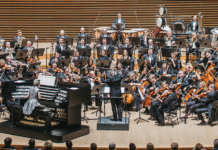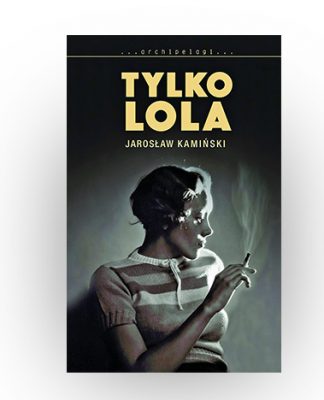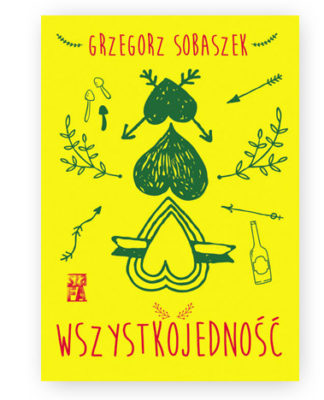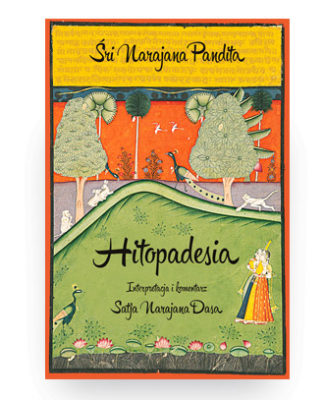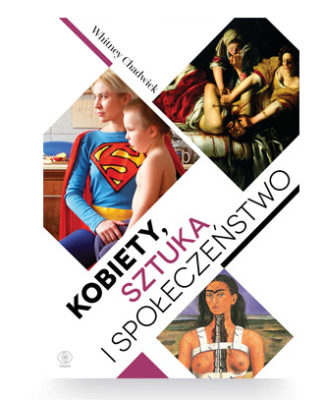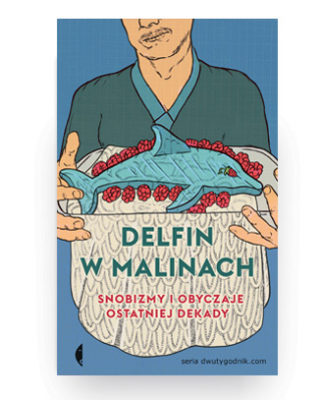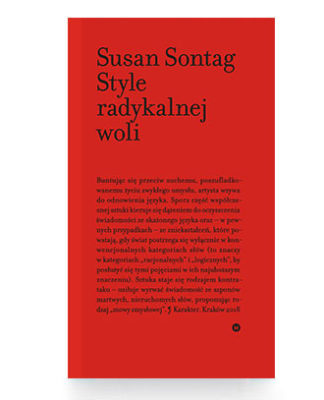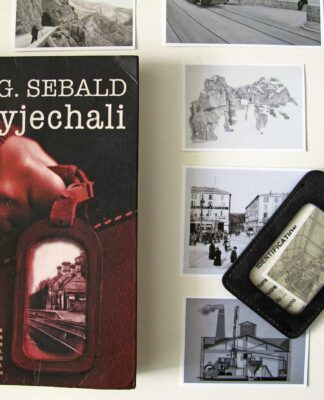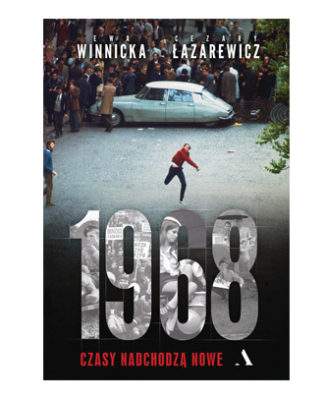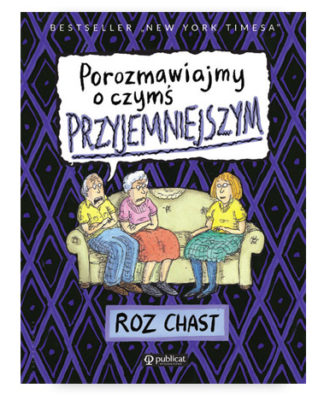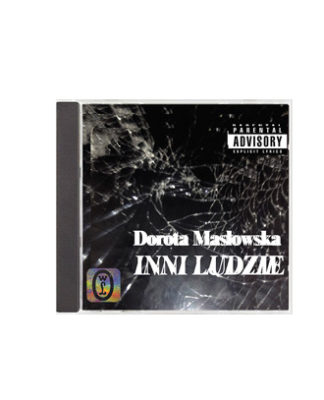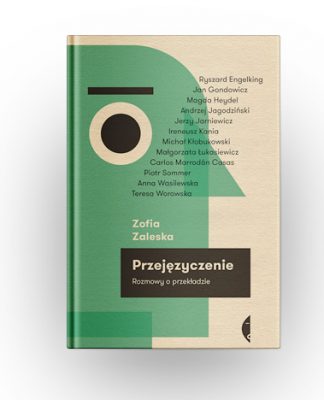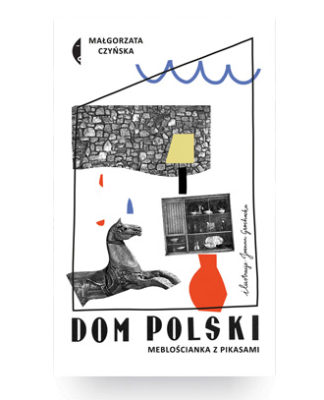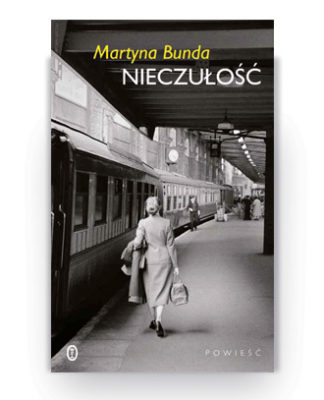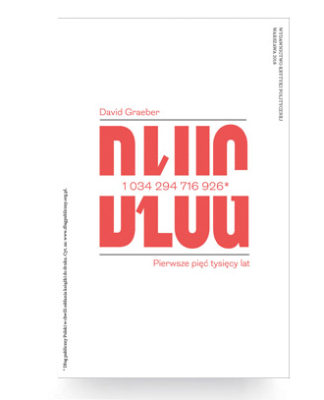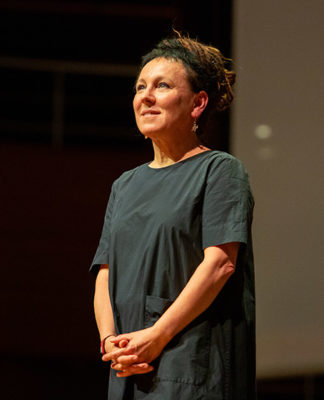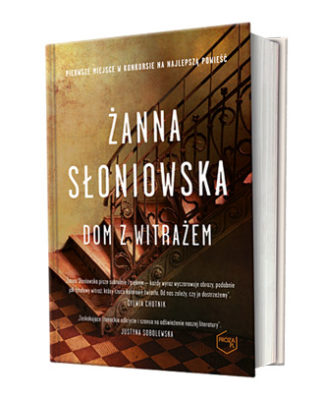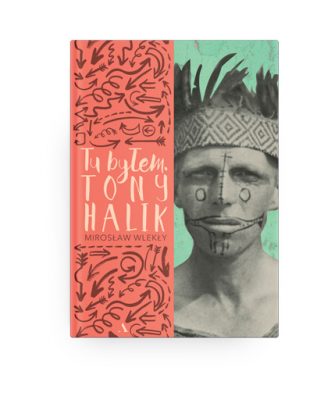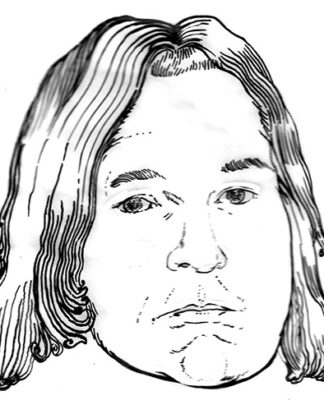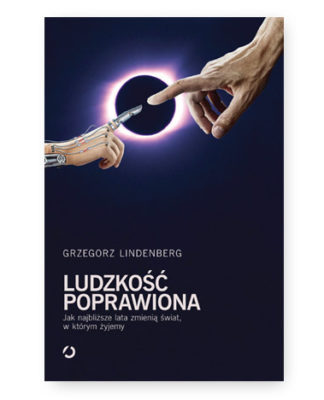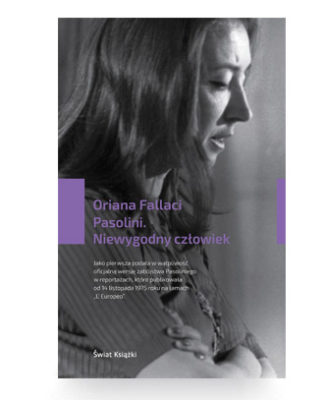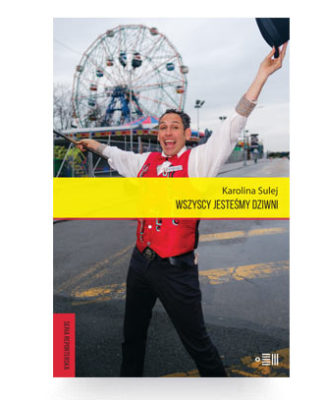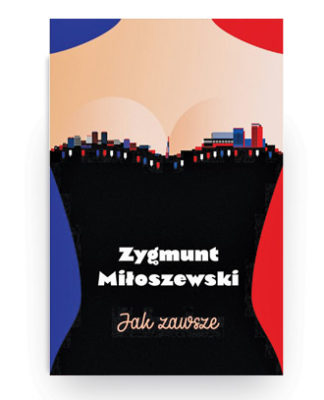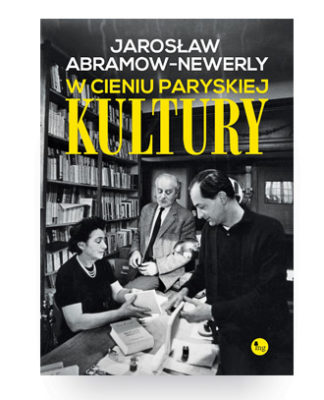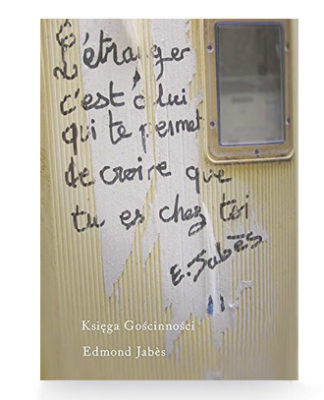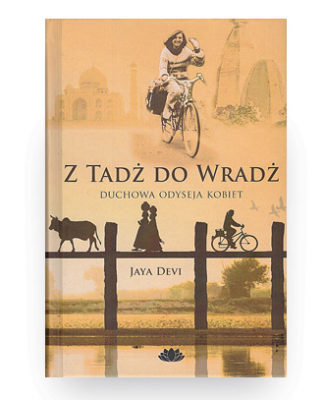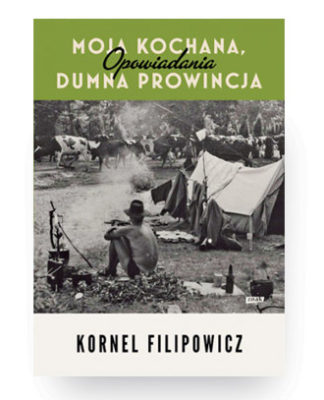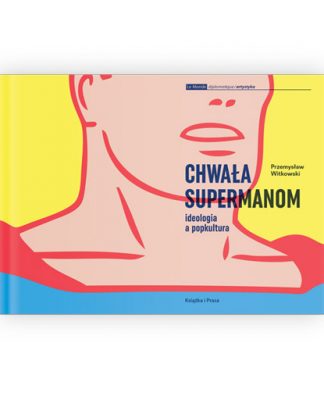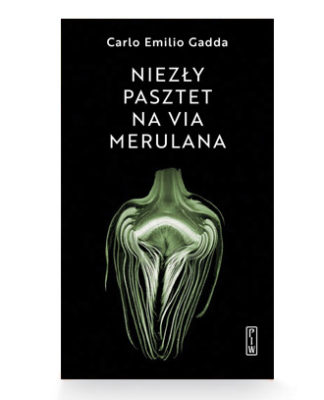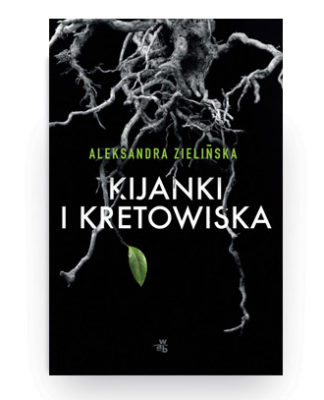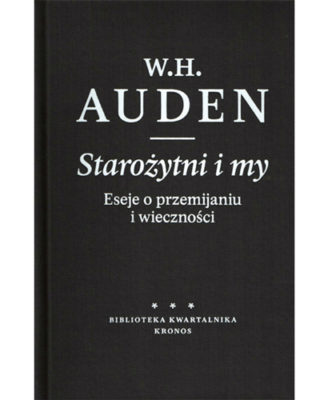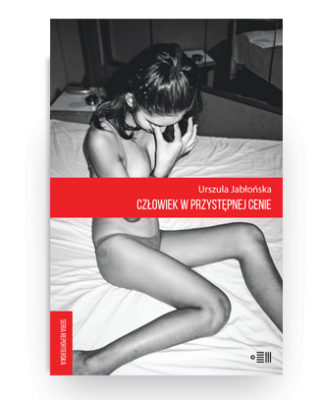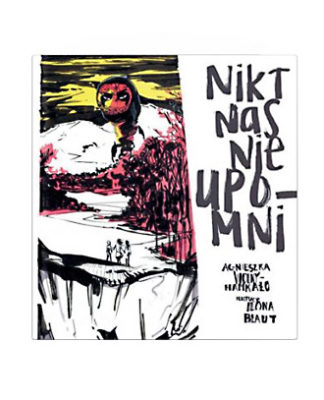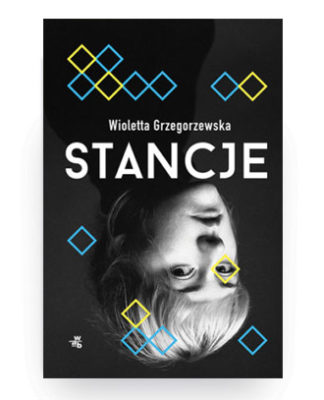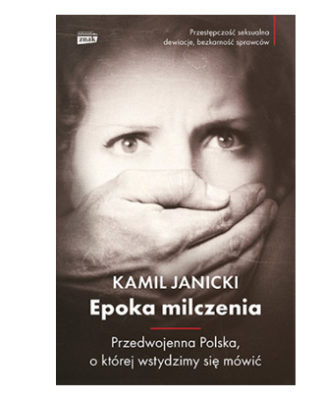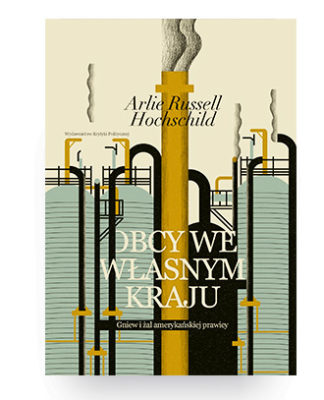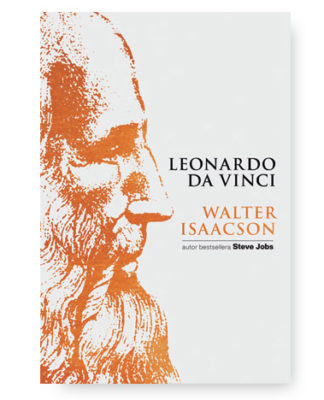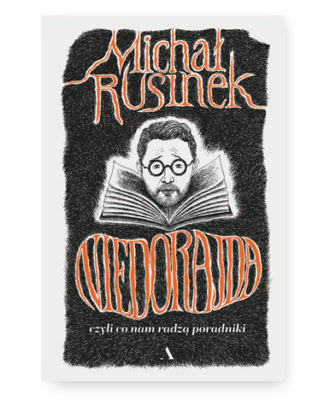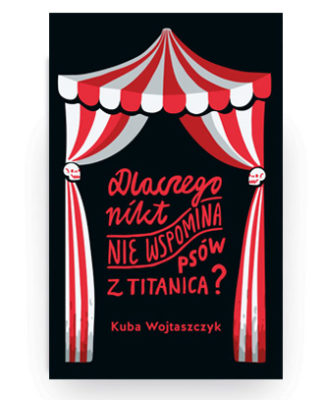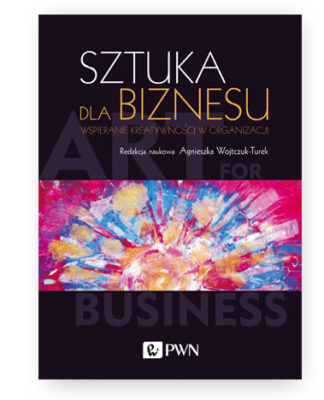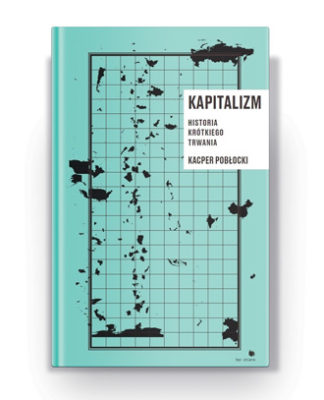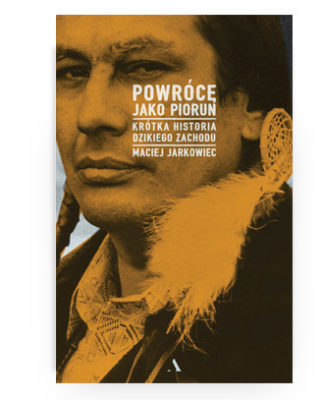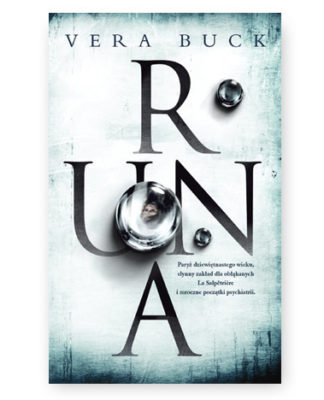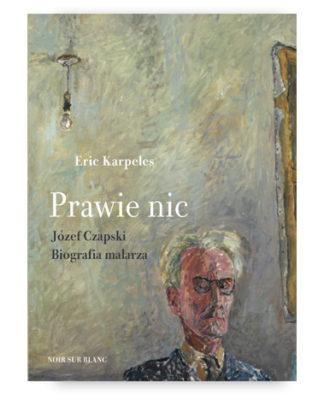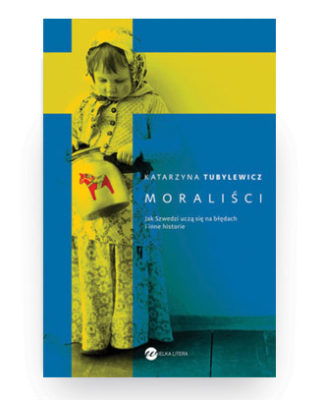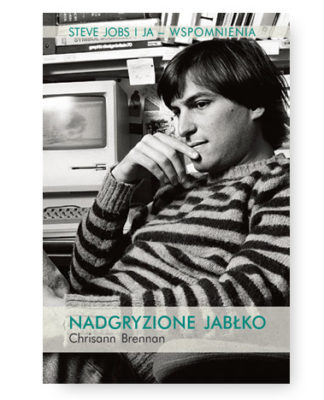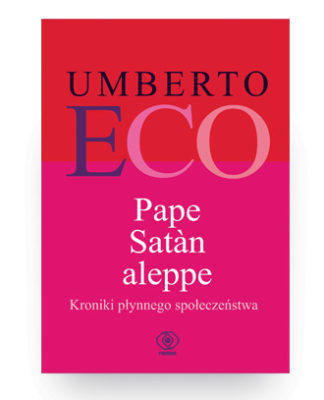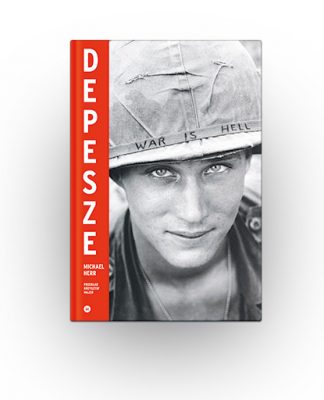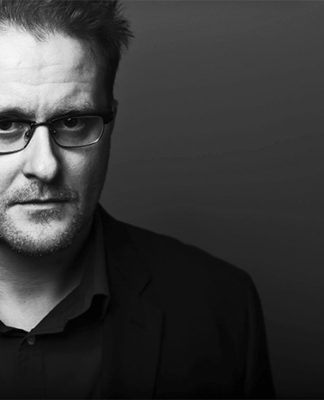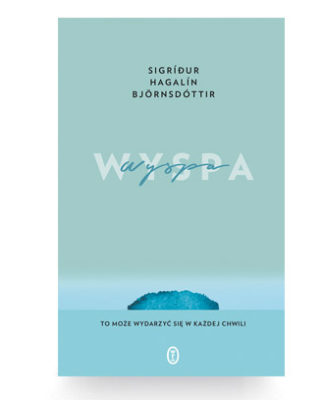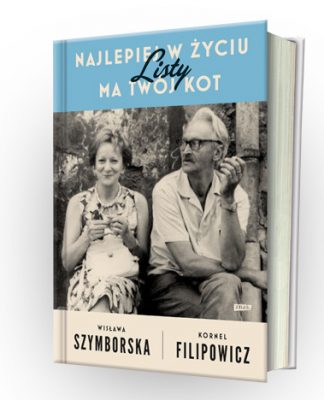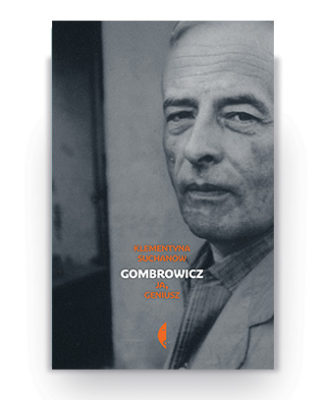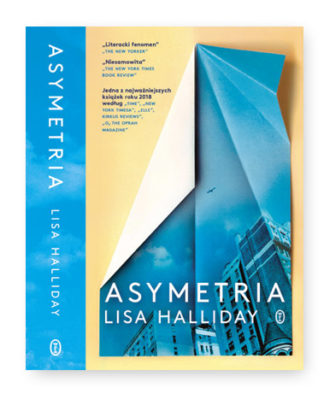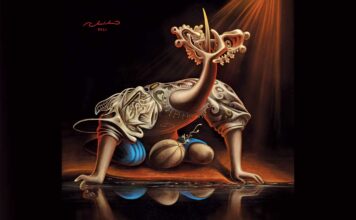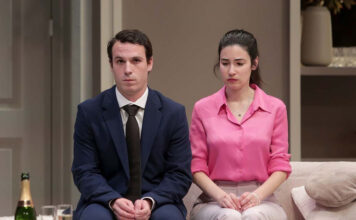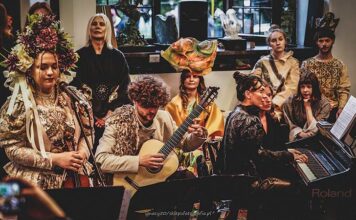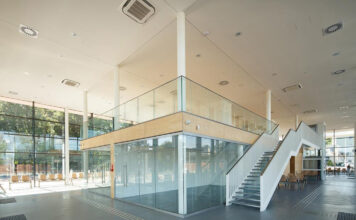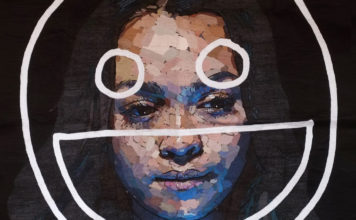„Given his physical presence, beautiful voice and serious work ethic, we can look forward to a lot from this artist”, Andrzej Wajda wrote of Tomasz Konieczny in 1997. Today we can appreciate just how much the world-renowned bass-baritone has met his expectations.
Text: Marzena Mikosz
Photos: Michał Zagórny
Tomasz Konieczny regularly appears on the most important stages around the world including the Wiener Staatsoper in Vienna, the Metropolitan Opera in New York, Teatro Real in Madrid, Bayerische Staatsoper in Munich, Semperoper in Dresden, La Scala in Milan, and he is currently performing the role of Wotan in the Zürich Opera House’s most important production, Wagner’s Der Ring des Nibelungen, which continues next season. A favourite in Vienna, he was awarded the title of Kammersänger in 2019 – an honour that recognises an opera singer’s exceptional achievements and skill. With Konieczny always on the road, we arranged this interview in Zürich, while he was performing to great acclaim in Copenhagen, and the photo shoot took place during his short stay in Warsaw for the Beethoven Festival. Since then, he has already performed in Madrid and is heading to Germany for the Bayreuth Festival in August.

This year you are celebrating your 25th anniversary as a singer …
Really?! [laughs]
Yes! Your debut was on 3 December, 1997 in a performance of The Marriage of Figaro in Poznań.
I must tell Andreas Homoki [director of the Zürich Opera House] so that we can celebrate.
When you came to Zürich you were only starting out. How does it feel to be on a brand-new stage, with a new ensemble and audience?
I have to say that the only theatre with which I ever felt a real connection was the Vienna State Opera. And I say that, because everything has now changed with the new management. Now I’m only invited once every two years. The artists who featured heavily during Dominique Meyer’s reign hardly ever perform there nowadays. It’s given me food for thought, because I felt a little abandoned, and it was a painful and bitter experience. However, things changed quite quickly, when I realised it gave me the opportunity to try my hand at performing on different stages.
Did the pandemic help you make that decision?
I think so. I had many more performances planned at the Vienna State Opera in 2020. Some vicious tongues even called it the „Konieczny Festival”. I was able to come to terms with that while the theatres went dark. I have a few important debuts behind me, including in Warsaw. This year, apart from Zürich, I’ve had the opportunity to debut in Copenhagen in Die Walküre. It was a fantastic experience and it turns out that debuts aren’t only for beginners. Experienced artists like me can experience them too, and I enjoyed Copenhagen …
You too?
Yes, we were good for each other. I had a chance to see Die Walküre through different eyes and I’ve broadened my horizons a lot. After nine years of singing Wotan at the Vienna State Opera, I was able to look at this role from a completely different angle. Zürich on the other hand, is a fantastic place. It is not a big theatre, but the acoustics here really suit what I’ve been doing recently, like switching from singing to speech and declamation. I can use basically all my means of expression, especially in this production. Furthermore, Andreas Homoki is a very good director, which can be seen immediately after entering the theatre. Everything operates like clockwork, from the cleanliness of the corridors to the program and the way rehearsals are run. Andreas never wastes time and is extremely active during rehearsals.
This is not your first collaboration. You first met in Leipzig in 1999. Today you are both at very different stages in your careers.
It was Andreas Homoki’s breaththrough. They called him „the next Harry Kupfer.” I remember that production – it was Verdi’s Macbeth, in which Andrzej Dobber sang brilliantly. In those days I was a young actor, not a singer. Basically, I went to Germany to avoid singing. Directing was my dream. However, I once I got there, I encountered a completely different approach to opera than the one I’d known in Poland. It turned out to be living, breathing theatre … and what’s more, it was very efficiently run. I was then a very young artist and nobody was going to let me sing. I was only supposed to understudy the role of Banquo, so Andreas and I weren’t even equals when we met. He was already a famous artist and I had only just started out as a singer. I remember my fascination and delight at being part of a collaborative, creative process, in which the singers played a part together as actors as well as singers. I reminded Andreas of this when we started our collaboration here. Andreas has an amazing talent for managing an opera house. He intuitively knows whom to cast, how to motivate them and make use of their talents.

Homoki outraged purists by saying that audiences don’t go to the opera just to listen to music.
I totally agree with him! There are a lot of para-operas, oratorios and so on, which were only ever intended by the composer to be performed in concert. Then there are those works that were written by people of the theatre. Wagner grew up in a theatre family. His stepfather was a famous actor, and his mother, sister and first wife were all actresses. Therefore, he attached great importance to the theatre, and now it is difficult to separate the musical layer from the acting. With Verdi we have a slightly different situation, but his intention was also to create a theatrical work. We seem to forget about that. We sometimes think that the staging is intended to illustrate or decorate the music, but that’s not the case. Composers carefully thought through scenes and events, and their creativity was only limited by their own abilities. In the case of Wagner, we are dealing with extremely theatrical compositions.
Wagner is neither liked nor frequently performed in Poland. The explanation for this is largely political. So how did you get hooked?
First of all, Wagner is not liked in Poland because he is not known. If we were to conduct a poll among young people today, I doubt we would hear about links to Nazism. At any rate, that was a narrative put about by the Soviets. It was unfortunate, but effective. I think it’s a great pity that Polish audiences have so few opportunities to enjoy Wagner performed at a high standard. Changing this will take systematic work. I hope that we will be able to put into action an idea I’m currently working on, to record an album of Wagner’s monologues with the Warsaw Philharmonic Orchestra.
When I started out, I was virtually unfamiliar with Wagner. When I went to study in Dresden, I didn’t know German yet, which further limited my ability to become acquainted with his works. Listening to the monologues, I was bored because I didn’t know what they were about. The breakthrough came when I started working with Aleksander Anisimow, who prepared the entire Ring Cycle with the National Youth Orchestra of Ireland. I was engaged to perform Fasolt in Das Rheingold and Gunther in Götterdämmerung. I knew German then, so I spent rehearsals carefully following the score in my hands. And then it hit me! It was a great story – a dramatically brilliant work.
That’s one of the elements of Wagner’s works. His characters are not one-dimensional. Each of them carries a wide range of emotions and features.
That’s the case with most prominent artists. They know that man cannot only be good or bad; that there are different aspects of humanity; and that under different circumstances, such as war and death, we are capable of anything. Wagner recognised that and set about describing very complex personalities. Furthermore, it is in the context of the Ring Cycle that those complex and basically evil personalities still have a capacity for beauty and arouse great sympathy in the audience. After all, Wotan has been a highwayman from the beginning, but the usual rules simply don’t apply.

He intrigues.
Constantly! He never keeps his promises, and yet we love him. His alter ego, Alberich, is the villain in our eyes, simply because he renounced love at the very beginning in order to gain the ring. However, he didn’t renounce love simply because he was angry. The Rhinemaidens mocked and ridiculed him. Humiliated and angry, he made a decision that cost him dearly.
Alberich is not bad from the outset. He was looking for the same kind of love we all seek.
Precisely! Dreams and longings. So, in the Ring Cycle we have two characters endowed with enormous, even morbid amibition – Wotan and Alberich. We normally treat ambition as something good. Instead of looking for a wife in his world, Alberich thought that he would have a model for his wife. Wotan, on the other hand, wanted to become the leader of the gods and even sacrificed his own eye to gain secret knowledge. These ambitions unite them and set them apart from the rest of their communities. Nature is in equilibrium until they arrive and then they cause the whole order to change.
The performance in Zürich is very canonical, clean, without any reference to current problems or world events. I refer here to the local and German-language theatre scene, which takes a position on current political, social and moral issues. It preaches and imposes its worldview and ready-made behavioural patterns. There’s none of that in this interpretation. Didn’t it bore you?
I am tired of this ludicrous way of directing, which we are currently dealing with. Directors essentially write a new play, replacing the composer’s libretto with their own dramatic arguments. Of course, they sometimes have brilliant ideas. One example is Mariusz Treliński’s Halka (ed. a 2018 co-production of the Polish National Opera and Theater an der Wien) In my opinion, he improved that opera. Many Viennese audiences, who had the opportunity to see this production, appreciated its universality. And that’s what theatre is all about. First and foremost, we should honour the composer’s intentions and on that basis comment and ask questions, if possible.
I get the impression that directors today often give overly simplistic answers. Where is the metaphor in it, let alone a respect for the audience’s own intelligence?
That’s what it’s all about. In theatre, it is very important to ask questions and it is up to the audience to look for the answers. At the end of Zürich’s Das Rheingold we pose just such a question. True, the gods cross the bridge to Valhalla and sit down at a huge table, but nothing is really settled. The director leaves us unsatisfied. It’s up to us to imagine what happens next.

You play Wotan on many different stages in various productions. In each production you put on a different costume, sing with a different orchestra, and adapt to different conductors’ takes on the music. Don’t you ever confuse one for another?
No, not at all. I approach each new staging like a new problem to be solved. What’s more, I enjoy taking a fresh look at each production. I am open to new ideas and interpretations. Since Wagner’s work is so theatrical, it allows for different interpretations and points of emphasis. I also like to bring something of myself to the role, and with each interpretation of Wotan I learn something new.
Directing has always been your dream. You were too young to apply for it in Łódź and you studied acting instead. Today however, after so many years of acting and looking on, don’t you want to be on the other side of the footlights?
Yes!
… And what would be your first production?
The Flying Dutchman! The idea’s already come up. In 2021, I really wanted to reactivate the Forest Opera in Sopot as a proper opera theatre. I had a lot of support, including from some of the most respected opera directors in the world. Unfortunately, the situation prevented it from going ahead, but I was meant to direct and perform in the Dutchman there. Many artists from all around the world wanted to be involved in that project. I hope that we can resurrect the idea one day.
The Zürich production begins in complete darkness and Maestro Gianandrea Noseda’s arrival is greeted by applause. I immediately thought of Bayreuth, where the audience does not see the orchestra pit at all. What is it like from the singer’s perspective?
We really don’t see the musicians, which is quite unusual. Half of our horizon line is obscured by the covering of the orchestra pit. Due to the fact that it slopes down below the wall of the pit, we have the impression that half of our world is actually in the orchestra. Of course, the members of the audience don’t see it that way. Due to the fact that they are in the auditorium, they see everything from above and they have a very good view of us on stage. However, they cannot see the musicians or the conductor at all.

You were invited to Bayreuth many times before your 2018 debut. Why did it take you such a long time to decide to perform there?
That was due to many factors. Most of all, the dates coincided with my other commitments, mainly at the theatre in Düsseldorf, where I was permanently engaged. In 2012, I was supposed to replace Jevgenij Nikitin in the role of the Dutchman just five days before the premiere. I declined for health and logistical reasons. I was in Greece at the time and the trip would have taken two days alone. I also got an invitation from Marek Janowski to sing Wotan and I really wanted to do it, but I was performing in Richard Strauss’ Die Liebe der Danae at the Salzburg Festival, which was artistically very important to me. Then I was asked to perform Hans Sachs in Die Meistersinger von Nürnberg, before I finally got an invitation from Christian Thielemann. It was a compromise, because the role of Telramund in Lohengrin isn’t my favourite role, but I couldn’t turn down the opportunity to work with the maestro. I was supposed to be the first Pole, but at the last minute Piotr Beczała also came on board …
… saving the day …
… and all of sudden there were two of us. We were later nominated for a Grammy for that production. I am not very happy with the way I sang there. I preferred our production in Dresden much more. Nevertheless, this Wagnerian Mecca was extremely important to me, even though I must admit my expectations weren’t fully met.
But you’re going back this year, aren’t you?
Yes, because the role is perfect. I’m so glad to be able to sing the title role in The Flying Dutchman. I’m a lot closer to that role and I can do a lot better in it.
At the moment, along with Wotan, it’s the most important role in your repertoire.
That’s right. I’m already contracted to perform it at the Metropolitan Opera in June 2023, as well as on several other important stages around the world.

In Bayreuth, you will perform this role under Oksana Lyniv, who is the chief conductor on the “Green Hill” of Bayreuth. Women are being engaged to conduct more frequently, but are these changes quick enough?
When it comes to directing, I think it’s already pretty standard. Speaking broadly, I don’t think it matters if it’s a woman conducting or directing. All that matters is that they know how to do it. I’m very happy to work with women and I had a great time collaborating with Simone Young on the Munich production of The Flying Dutchman. I don’t see any reason why gender should be a factor in who directs and conducts.
How far ahead are you booked?
Well, I’m already talking about performances in the 2026/27 season, but my calendar is booked up for about two to three years in advance.
And what happens when you get a phone call from Poland asking you to perform in a month’s time?
Unfortunately, that happens quite often. Either I have the day free, or I don’t. [laughs] The second consideration is how much I’m prepared to undercut my usual fee. I’m not very flexible in that regard. I’ve previously told Minister Jarosław Sellin that salaries in Poland don’t only differ to those in Western Europe, but they’re also lower in comparison with other countries in our region like the Czech Republic and Hungary. This not only affects artists, but doctors and teachers too.
In German-speaking countries, the term Steuergeld is used to describe public funds, indicating that they come from taxes (German: Steuer). They are not owned by any one government or minister.
Politicians are clever – they have to be. They take advantage of people’s mentality. However, we the taxpayer, the audience and the subsidised must change this. As long as we embrace their rhetoric, nothing will change. It is hard for me to imagine a situation in Germany where someone would say: I’m going to give you money.
However, there is another, less abstract problem that your readers need to hear about. There are a lot of empty seats at concert, opera and theatre premieres. Why? Because a large number of invited guests couldn’t be bothered to turn up. That doesn’t really happen anywhere else in the world. I was really surprised to learn that the Vienna State Opera had no seats for the diplomatic corps. It’s the same in Bayreuth. There, a certain pool of tickets is held by the Bavarian State Chancellery, but if the invited guests don’t confirm their attendance three weeks prior to the performance, the tickets are returned to the box office. It is economical, and the theatre has extra income and a full house.
Let’s talk about your plans. In August, you’re performing in The Flying Dutchman in Bayreuth. In autumn, you’ll return to Zürich. Where else will you appear?
Die Walküre is my favourite opera. And, talking figures, this is going to be my 16th production of this work. I’m definitely a veteran. I don’t think there’s another artist in the world who performs this role as often as I do. In Zürich, I’ll perform with Camilla Nylund, who is making her role debut as Brünnhilde. I must admit that I am looking forward to this performance.
In October, I am very happy to be returning to the Vienna State Opera as Cardillac. In December, I will be performing in Verdi’s The Force of Destiny, which is being directed by Mariusz Treliński in Warsaw. In March, I feature in the third instalment of the Ring Cycle in Zürich, and then I’m back in Vienna for Lohengrin, directed by Andreas Homoki. After that, I’m off to New York for The Flying Dutchman.
It is going to be a very busy season. |

It’s somewhat of a coincidence that there are surprising parallels between my debut in Zürich and Richard Wagner’s flight to that city for political reasons in 1849. Once there, he spent nine years as conductor of the Aktientheater. It is also there that his romance with Mathilde Wesendonck, the wife of the Swiss merchant and patron of Wagner, ended his first marriage to Minna Planer. According to experts, this became the inspiration for Tristan und Isolde. It was in Zürich that Wagner wrote the libretto for the entire tetralogy of Der Ring des Nibelungen and publicly read it for the first time at the Hotel Baur au Lac in 1853, where he lived.
There is one more and perhaps most surprising coincidence linking the world of Richard Wagner and me. The Zürich Opera is based on a design presented at the end of the 1880s by two Viennese architects, Ferdinand Fellner and Hermann Helmer, in a competition to design the opera house in Kraków. It was rejected, but Zürich urgently needed a new theatre to replace the burnt Aktientheater, which had burnt down. Their design was therefore adopted with only a few minor modifications. The theatre was built in 16 months and on September 30, 1891, it opened with Richard Wagner’s Lohengrin. In the 20th Century, the theatre adopted the name by which it is known today – the Opernhaus Zürich.







